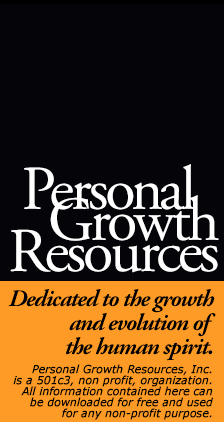|
Who in Our Society Should Perform Marriage Ceremonies? |
Up until the cultural revolution of the 1960’s, the majority of marriage ceremonies in this country were
performed by clergy-persons. In the last forty years, more and more people have left the churches. Some
people still turn to the clergy to perform their life rituals, even though they haven't set foot in a church for
many, many years, and may disagree with many of the church's teachings. I personally believe we are in serious
need of secular officials whose specific role is to perform marriage rituals. Currently people who do not choose to be married in a church/synagogue are left with the option of having their marriages legitimated by secular officials such as judges, council-people, etc. This doesn’t seem particularly appropriate. It seems incongruous to their general role. What I think we need to see happen is the creation of "Licensed Public Marriage Officiates", whose sole role would be to conduct marriage ceremonies. The State could provide meeting places of various sizes where marriage ceremonies would be conducted, which couples could rent for a reasonable fee. Couples could also have the option of having the officiate come to a private setting of their choice, for an additional fee. I envision the role of the marriage officiate as low key and simple. Thus, I propose that to become a marriage officiate would not require a college degree, but rather a simple civil service test, and perhaps a sixweek training course. It would not be designed to be a position of authority, prestige, etc. The focus of this position would be more as a certified public witness to the ceremony. The officiate would also serve in an information giving capacity. It would not be the role of the officiate to recite proscriptions of how marital partners should behave (except in real basic ways), or to somehow bless, sanctify, or give approval to the union. Rather, the role would be to act as a public witness to the fact that two consenting adults were choosing to exercise their right to form a marital partnership. This is how I would envision a marriage officiate's role in conducting a marriage ceremony:
The above framework is what I have used in the ceremonies presented is this chapter. < Previous Next >
GO TO TOPIC:
Introduction Does Government-Regulated Marriage Makes Sense? The Negative Side of Governmental Regulation of Marriage Customizing Your Marriage Contract With a Prenuptial Agreement Deciding Whether Legal Marriage Is the Right Option for You Letting Go of the “Till Death Do Us Part” Myth Who in Our Society Should Perform Marriage Ceremonies? We Need to Remove the Sexism from Marriage Rituals The Need for Parenthood Ceremonies Support for Gay Marriages What About Sexually Open Marriages / Relationships? Marriage Ceremony for Couples Intending to Have Children. Marriage Ceremony for Couples Not Intending to Parent A Lesbian Marriage Ceremony A Gay Marriage Ceremony Marriage Ceremony for a Senior Couple |
This site owned and operated by: Susan M. Mumm, MA, Licensed Professional Counselor
info@personalgrowthresources.org | Personal Growth Resources, Inc. | Ann Arbor, MI | (734) 913-5859
